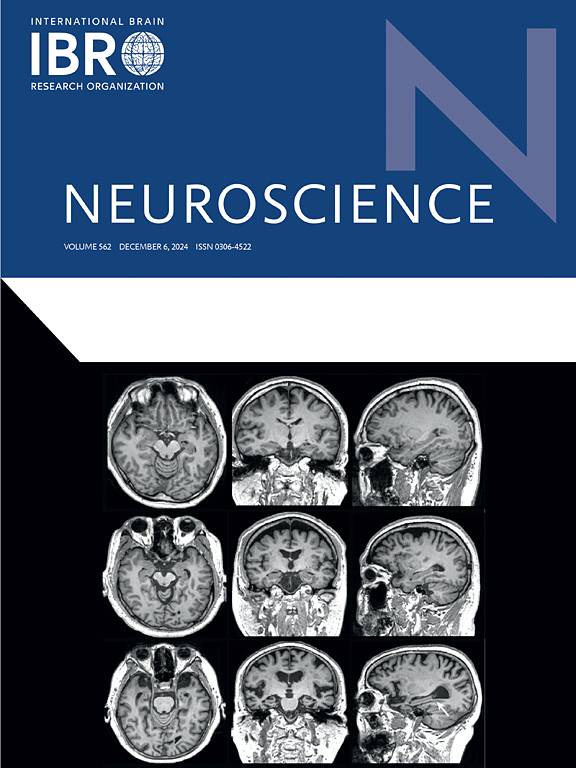Early changes in intestinal lymphoid and myeloid populations in experimental autoimmune encephalomyelitis
IF 2.9
3区 医学
Q2 NEUROSCIENCES
引用次数: 0
Abstract
Intestinal immunity is associated with several autoimmune diseases, such as systemic lupus erythematosus, rheumatoid arthritis, and type 1 diabetes. Recent evidence also suggests its implication in the pathogenesis of autoimmune diseases affecting the central nervous system, such as multiple sclerosis (MS). However, there is ongoing debate regarding which part of the intestinal tract contributes to the development of MS. Therefore, our study aimed to explore the early changes in lymphoid and myeloid immune cells populations in experimental autoimmune encephalomyelitis (EAE), an animal model of MS. We also sought to determine the roles of the colon and/or small intestine in the pathogenesis of EAE.
By using flow cytometry, we revealed a transient increase in T and B lymphocytes in the ileal lamina propria of EAE mice just before the onset of motor symptoms. Additionally, we highlighted an increase in dendritic cells and monocytes/macrophages in the colonic lamina propria of EAE animals during the presymptomatic phase.
Altogether, our findings indicate that both small intestine and colon are involved in the pathogenesis of EAE, despite engaging distinct immunological processes. This study provides new insights for understanding the roles of intestinal lymphoid and myeloid immune cells on the pathogenesis of MS and other autoimmune diseases.
实验性自身免疫性脑脊髓炎肠道淋巴细胞和髓细胞群的早期变化
肠道免疫与多种自身免疫性疾病有关,如系统性红斑狼疮、类风湿性关节炎和 1 型糖尿病。最近的证据还表明,它与影响中枢神经系统的自身免疫性疾病(如多发性硬化症)的发病机制有关。然而,关于肠道的哪个部分会导致多发性硬化症的发生,目前仍存在争议。因此,我们的研究旨在探索实验性自身免疫性脑脊髓炎(EAE)这种多发性硬化症动物模型中淋巴和骨髓免疫细胞群的早期变化。我们还试图确定结肠和/或小肠在 EAE 发病机制中的作用。通过使用流式细胞术,我们发现就在运动症状出现之前,EAE 小鼠回肠固有层中的 T 淋巴细胞和 B 淋巴细胞出现了短暂的增加。此外,我们还发现 EAE 动物的结肠固有膜中树突状细胞和单核细胞/巨噬细胞在症状前阶段有所增加。总之,我们的研究结果表明,尽管小肠和结肠参与了不同的免疫过程,但它们都参与了 EAE 的发病机制。这项研究为了解肠道淋巴和髓系免疫细胞在多发性硬化症和其他自身免疫性疾病发病机制中的作用提供了新的视角。
本文章由计算机程序翻译,如有差异,请以英文原文为准。
求助全文
约1分钟内获得全文
求助全文
来源期刊

Neuroscience
医学-神经科学
CiteScore
6.20
自引率
0.00%
发文量
394
审稿时长
52 days
期刊介绍:
Neuroscience publishes papers describing the results of original research on any aspect of the scientific study of the nervous system. Any paper, however short, will be considered for publication provided that it reports significant, new and carefully confirmed findings with full experimental details.
 求助内容:
求助内容: 应助结果提醒方式:
应助结果提醒方式:


